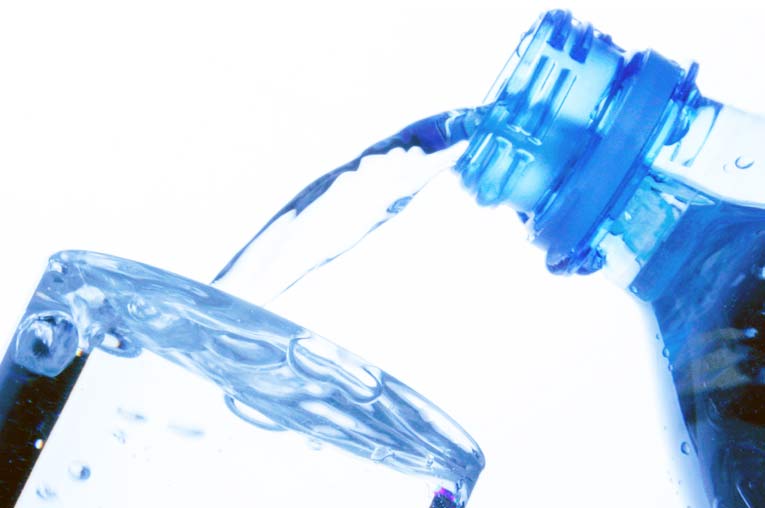Sometimes it's easy to forget how valuable water is. Especially, in Europe and North American where homeowners take hot and cold running water for granted. Of course, it isn't so easy for millions of people around the world who don't have access to a clean, reliable water supply and, as a result, have to resort to drinking unsafe water.
Even in many big cities around the world water is becoming a more valuable resource as our growing populations use and, in many cases, waste more water than ever before. That's just one of the reasons behind the decision, in 1992, of the United Nations General Assembly to designate 22nd March as World Water Day in an effort to raise awareness of the global issues regarding the most vital commodity on the planet.
Indeed, one aim of the United Nations' Millennium Development Goals (MDGs) is to halve the number of people who don't have access to a clean water supply over a decade. This decade, from 2005 to 2015, was named the International Decade For Action: Water For Life. Every year on 22nd March a different theme highlighting an aspect of freshwater is explored. Last year it was 'Water Quality'; this year the theme is 'Water And Urbanization' and will focus on the impact of urban population growth, industrialisation, climate change and war on the world's water resources.
The home of the event will be Cape Town in South Africa between the 20th and 22nd March 2011, but the organisers are hoping that organisations, large and small, all over the world will take part. Several events have already taken place in 2010 to stoke efforts for this year's event. Most, such as the meeting organised in Zaragoza, Spain, have concentrated on influencing the stakeholders into taking real action on world water issues.
It's highly debatable whether events like World Water Day actually help the millions of people affected by poor water and sanitary conditions throughout the world, but the statistics are there. Between 1998 and 2008, 1,052 million people have gained access to better drinking water, largely as a result of the efforts of the United Nations, so clearly it's an initiative that's working.
So what can you do to play your part?
Besides getting involved with one of the hundreds of events going on worldwide, or organising your own event, like so many issues to do with the environment, you can start by taking action in your own home. Some easy ways to conserve water include having a shower instead of a bath, turning the tap off while you wash your teeth, or simply get round to fixing that leaky tap.
The message of World Water Day is clear. Water is the basis of all life on Earth. We can't take it for granted.










